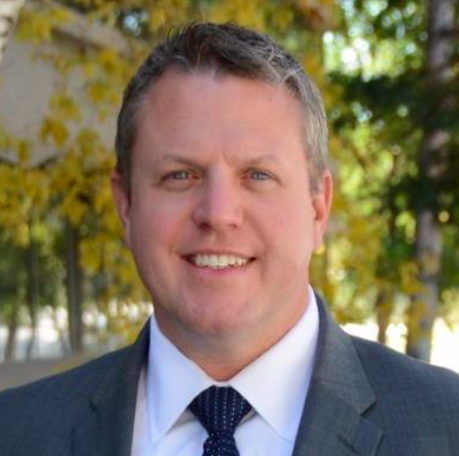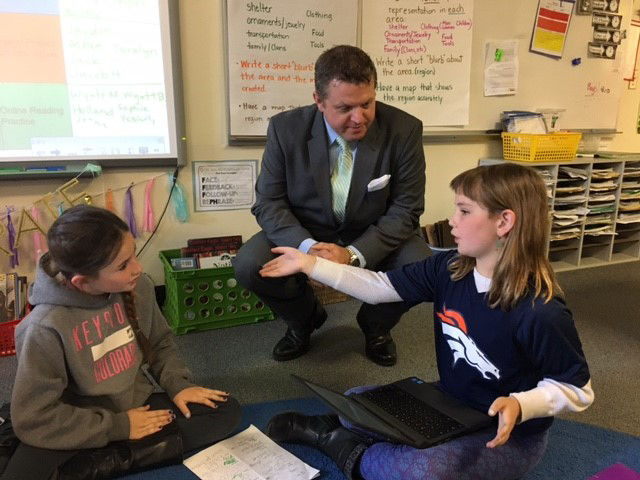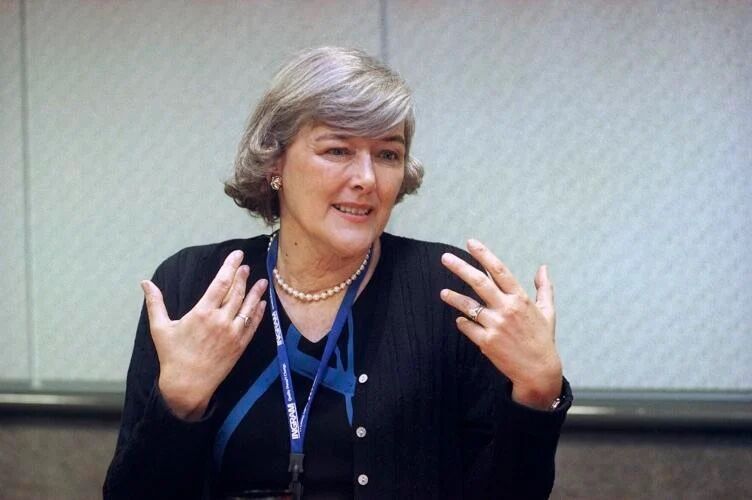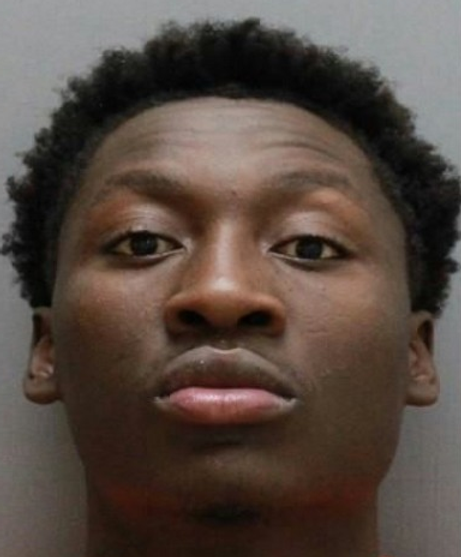BETTER SCHOOLS: JASON GLASS | Move beyond the same old policy debates toward a bolder vision


Editor’s note: Colorado Politics presents “Which way to better Colorado schools?” We’re offering seven perspectives on upgrading education in the state.
For over three decades, the debate over education policy in our state and nation has been primarily waged on three fronts: accountability, school choice, and funding.
Colorado created an elaborate accountability system of tests and ranking systems in step with federal law. The grand idea was that if we tested students, rated schools (and even teachers), and shamed/punished or celebrated based on those results, then outcomes would rise. The accountability agenda has also been driven by a belief that it would lead to improved outcomes for low-income and minority students.

On the school choice front, Colorado has established a large system of charter schools and facilitated inter- and intra-district school choice. Initially put forth as a mechanism to free schools from burdensome state statutes and district policies and spur innovation, this movement has morphed into a highly competitive system, injecting free market principles into education.
While not going as far in Colorado as some may have hoped (i.e., using school vouchers to transfer public funds to private schools), the effort succeeded in creating a school choice market in the state.
And then there is school funding and the seemingly never-ending annual knife fight in the legislature over limited dollars. Colorado’s TABOR amendment looms large in this discussion, limiting the legislature to wicked choices that pit K-12 education, transportation, higher education, health care, and corrections against one another.
School funding in Colorado has seen both ups and downs, consisting of mostly small incremental ups and a massive down during the Great Recession. Some progress has been made to restore funding to pre-recession levels, but the reality is that Colorado lags many other states. Help is not on the way in terms of a solution at the scale of the problem.
As we consider where to go next in education policy, it would do us well to be honest about where we are as a result of these three policy drivers.
For all the energy and focus put into testing and accountability, achievement results as measured by these tests have not moved significantly and persistent achievement gaps for at-risk students remain. Also, we have to seriously question if these tests are measuring what is really important to future success.
While school choice has certainly brought some innovative new school options, if we are honest, charter schools (and neighborhood schools, for that matter) are a mixed bag. Further, concerns around school and community segregation has intensified as a result of these policies.
And, while the debate over school funding has moved some in public perception, the reality is that we are a long way from any sort of meaningful solution. So, districts are relegated to looking at local tax measures which certainly improve, but don’t wholly solve the funding conundrum.
So, now what?
Continuing the tiresome debate about accountability, school choice, and funding will likely result in little meaningful change. Instead, we need a deliberate re-visioning of what education in Colorado should be.
The single most important thing we can do is to make real changes to what individual students are experiencing in their learning. Learning needs to be authentic and meaningful to the student – complex, challenging, and requiring real demonstrations of the kinds of interconnected higher order skills necessary to compete in a global economy.
We need learning experiences which develop creative problem solving, impresses responsibilities of citizenship, explores values and moral questions, develops effective communication skills, requires teamwork and leadership, and require adaptation to changing conditions and competition. We must create experiences that engage and inspire students. Experiences that unlock and develop their individual talents and passions, preparing them for a lifetime of learning and changing.
This deeper learning happens at the student level. It requires an engaged learner, a professional educator, and a supportive community. It is personal, up-close, and individual. It is also unlikely to emerge from a legislative committee room or appear in a state regulatory mandate. However, the state can take some steps to support and foster this reform we need.
First, the state can create systems of support for this kind of deeper learning. The best solutions come from those closest to the work and Colorado already has hundreds of educators leading in this transformation. Connect, empower, and celebrate them.
Second, the state can develop systems to recruit and support our educators. The state is well positioned to lead quality teacher preparation and teacher-retention initiatives.
Finally, the state can continue to work on adequately funding public education. We should assume there are going to be continued limitations on resources. But education is an intensely personnel-driven and human endeavor and we need to pay our people a professional and livable wage to get and keep the talent we need.
Our children serve as an indelible reminder of our moral responsibility to create an education system that prepares them to meet their future. We will meet that responsibility through focusing our attention and efforts on what matters most: student experience.
Jason E. Glass is superintendent and chief learner of Jeffco Public Schools, Colorado’s second-largest school district. He has previously served as the superintendent of Eagle County Schools and as Iowa’s director of education.













